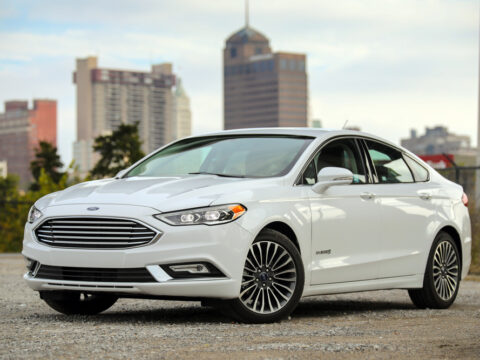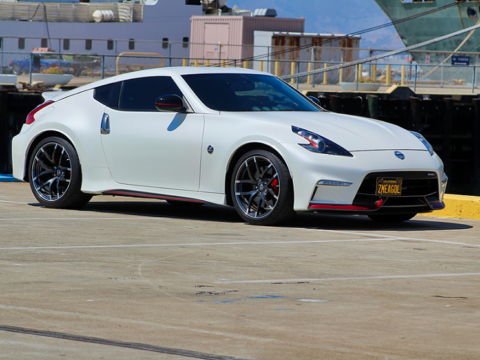Protecting your vehicle’s longevity and performance goes beyond regular maintenance – it’s also about being mindful of how you drive. Many drivers unknowingly engage in everyday habits that place unnecessary strain on their vehicles. Over time, these actions can lead to costly repairs and reduced efficiency. By identifying and adjusting these habits, you can prevent wear and tear, saving both time and money while ensuring your vehicle runs smoothly for years.
From ignoring warning lights to revving the engine when it’s cold, certain behaviors may seem insignificant but can cause gradual damage to essential components like the engine, transmission, and tires. Small adjustments to your driving routine can have a major impact on the health of your car, helping it maintain optimal performance and reducing the risk of breakdowns.
Contents
Ignoring Warning Lights
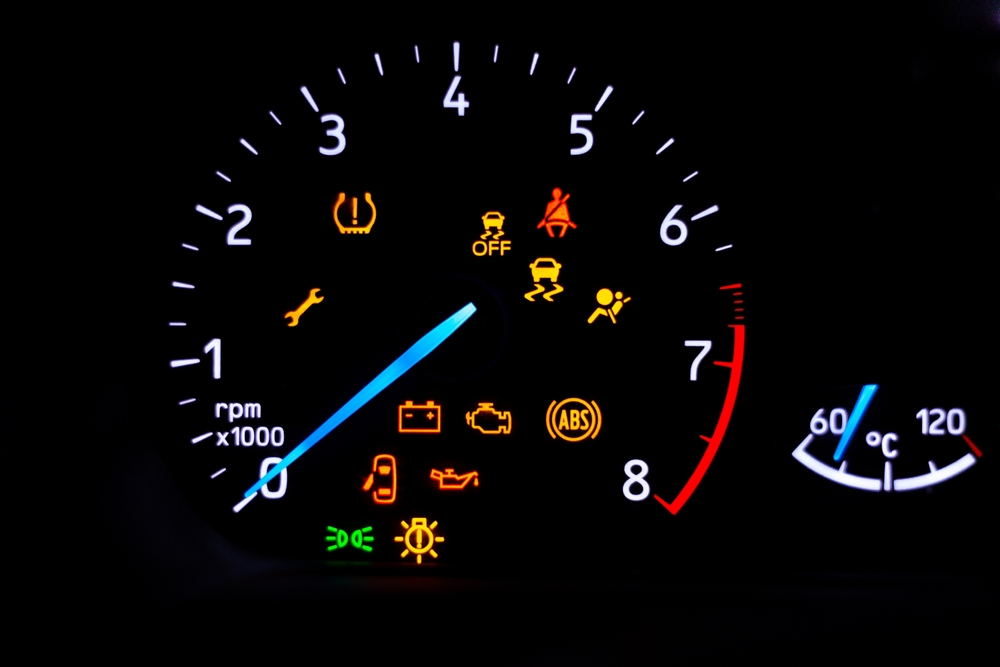
Ignoring warning lights on your dashboard is one of the easiest ways to cause long-term damage to your vehicle. These lights are designed to alert you to potential issues, from low oil levels to engine malfunctions. By neglecting them, you risk exacerbating the problem, leading to costly repairs or even permanent damage to critical components like the transmission or engine. Regularly checking and addressing these alerts can prevent expensive breakdowns and extend your vehicle’s lifespan.
Revving a Cold Engine
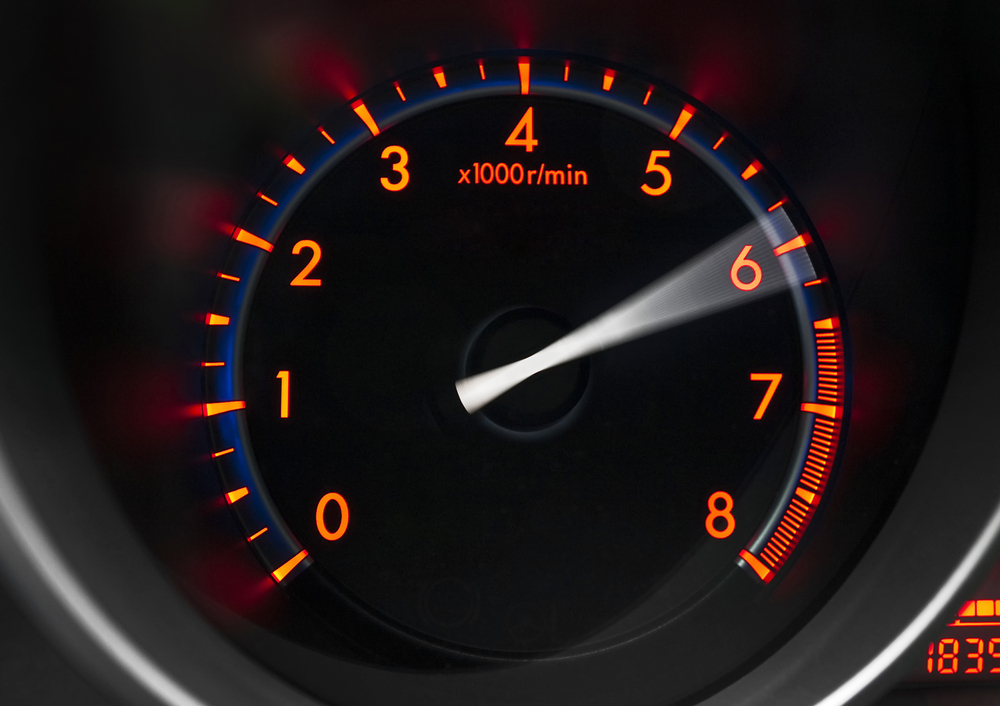
Revving your engine before it warms up is harmful because the oil, which lubricates the engine’s moving parts, hasn’t yet reached its optimal operating temperature. Cold oil is thicker and less effective, which can cause excess friction and wear on components like the pistons and bearings. Allowing your engine to idle for a minute or two before driving ensures the oil circulates properly, reducing wear and prolonging engine life.
Accelerating Too Fast

Sudden acceleration puts immense strain on the engine, transmission, and drivetrain, causing premature wear. Not only does this burn more fuel, but it also heats critical parts quickly, which can lead to overheating and faster degradation of engine components. Smooth, gradual acceleration helps conserve fuel, reduces stress on your vehicle’s systems, and keeps it running efficiently for longer.
Driving Over Potholes or Bumps Fast
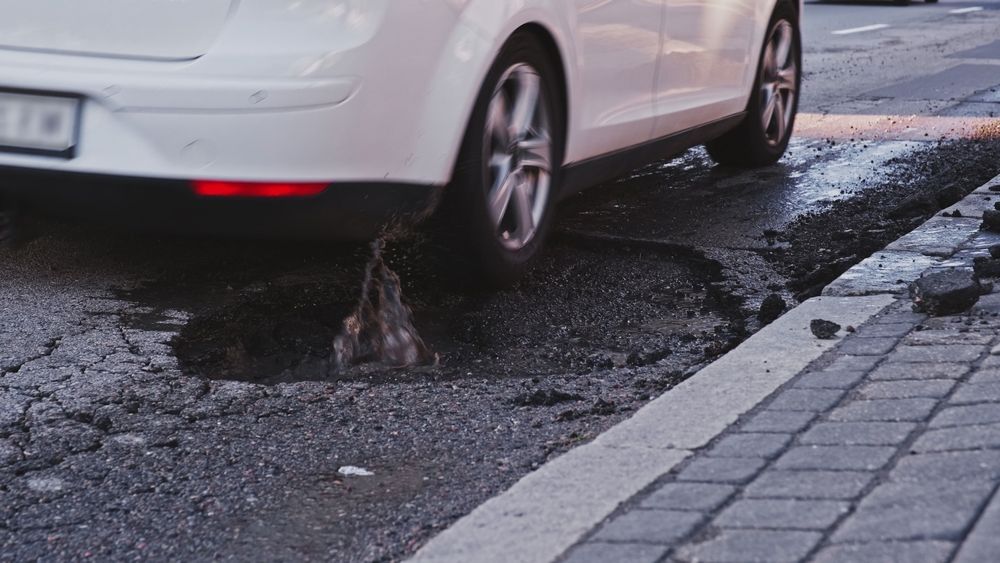
Hitting potholes or speed bumps at high speeds can seriously damage your suspension, tires, and alignment. The force exerted on your vehicle’s suspension system can lead to bent rims, blown-out tires, or misaligned wheels, all of which can cause further problems if not addressed. Slowing down when approaching potholes or bumps helps protect your suspension and reduces the risk of expensive repairs.
Running Low on Fuel
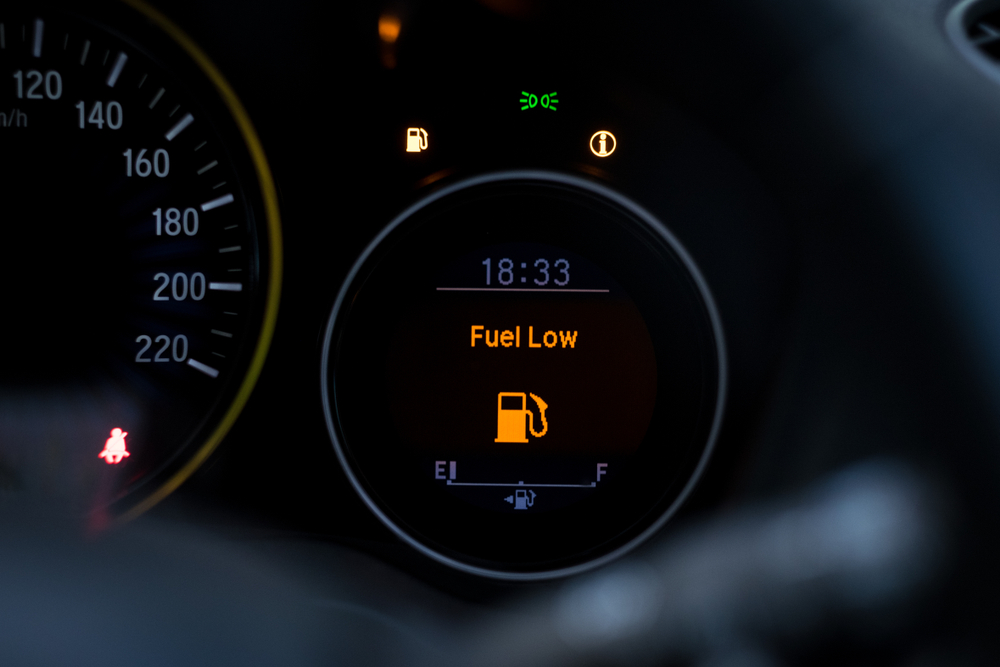
Consistently running your car with low fuel can cause damage to your fuel pump. The pump is designed to be submerged in fuel, which cools it down as it operates. When you drive on empty, the pump can overheat, leading to premature failure. Additionally, debris from the bottom of the tank can be drawn into the fuel system, potentially clogging filters and injectors. Keeping your tank at least a quarter full is a simple way to avoid these issues.
Engine Braking Excessively
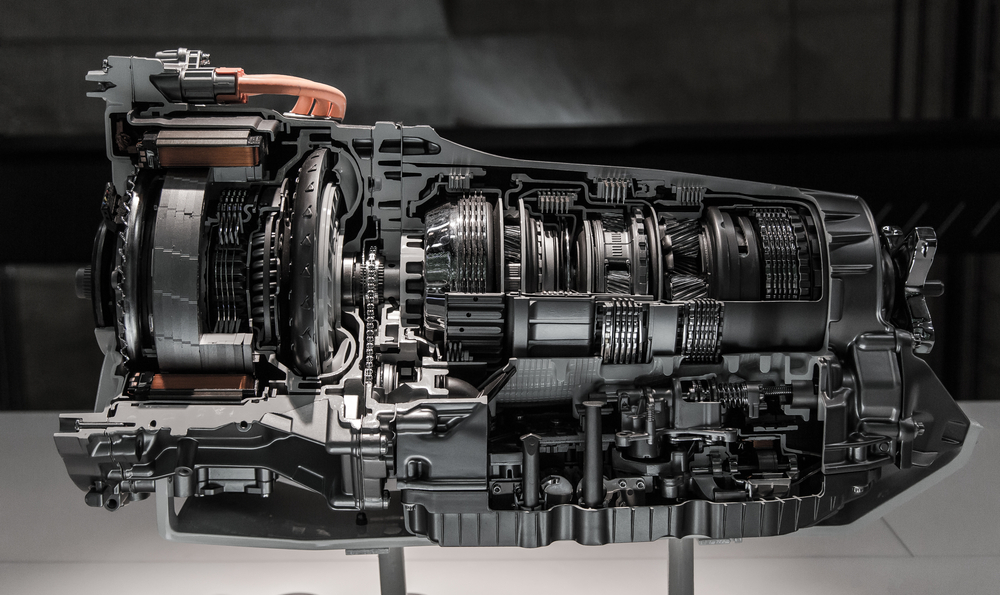
While engine braking can be useful in certain situations, doing it too often or too aggressively can put undue stress on your drivetrain and transmission. It forces the engine to work harder to slow down the vehicle, which over time can lead to wear on internal components. Using your brakes to decelerate instead of relying heavily on engine braking can reduce strain on the engine and transmission, prolonging their functionality.
Resting Your Hand on the Gearstick
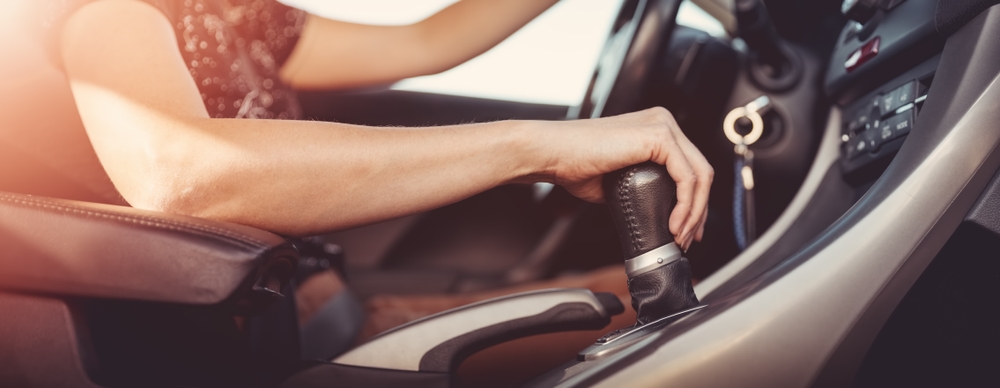
Many drivers have a habit of resting their hands on the gearstick, but this can cause premature wear to the gearbox. The extra pressure on the gear linkage components can lead to unnecessary friction, which can damage the gear selector mechanism over time. Keeping both hands on the steering wheel ensures proper control of the vehicle and prevents inadvertent damage to your transmission system.
Riding the Clutch
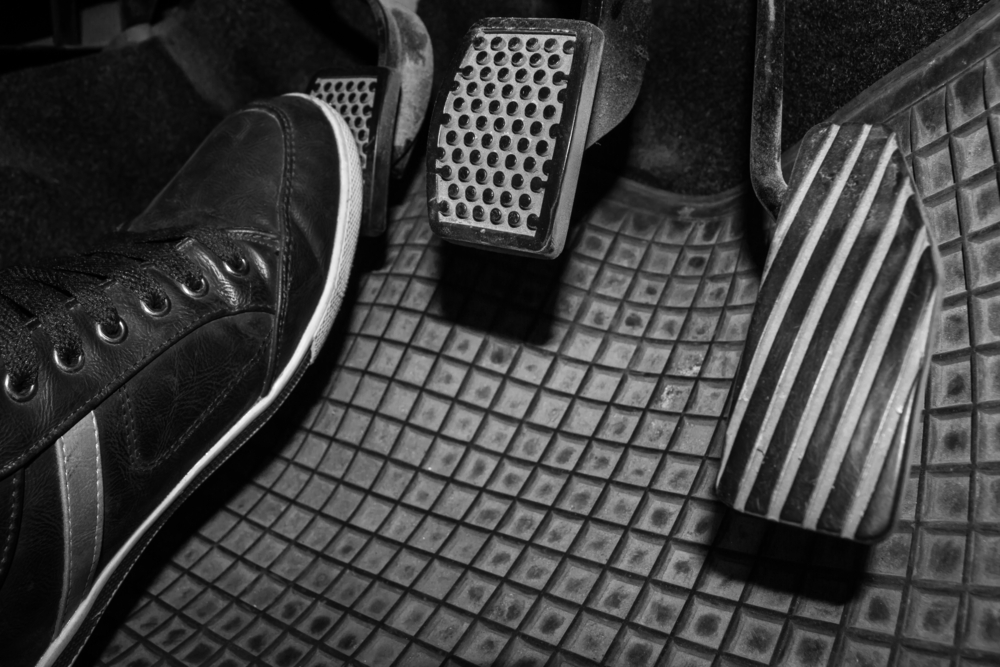
Constantly keeping your foot on the clutch pedal, known as “riding the clutch,” puts unnecessary wear on the clutch components. It can cause the clutch to slip, leading to faster degradation of the clutch plate and pressure plate. This can ultimately result in clutch failure, which is expensive to repair. To avoid this, engage the clutch only when necessary and use neutral or the handbrake when stationary.
Ignoring Regular Oil Changes
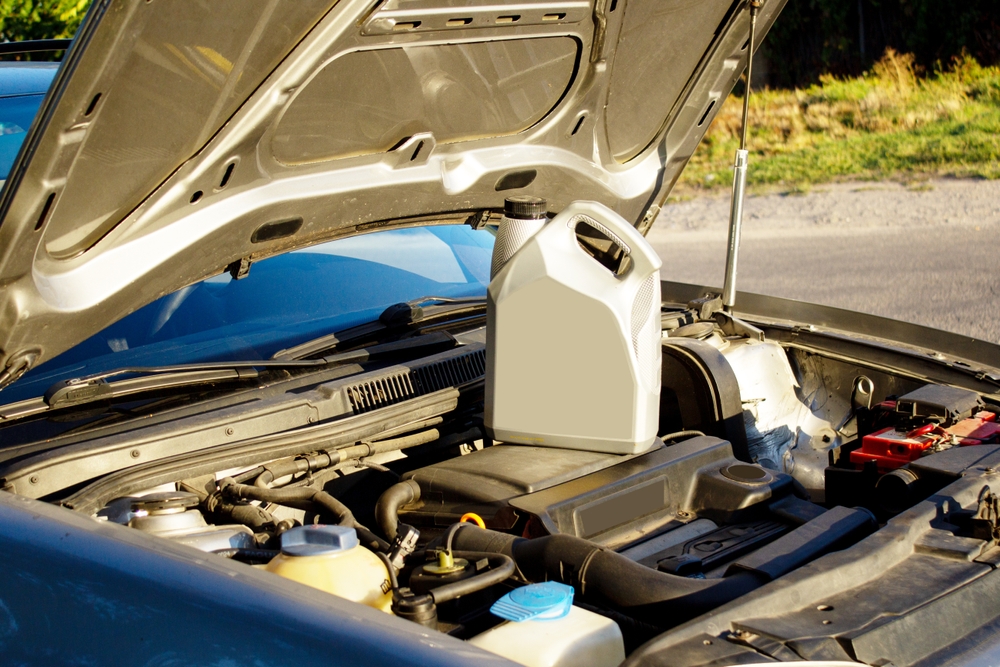
Skipping regular oil changes can lead to engine oil becoming thick and sludgy, which reduces its ability to lubricate engine parts. Without proper lubrication, the engine’s components rub together, causing friction that leads to overheating and accelerated wear. Regular oil changes ensure your engine runs smoothly, preventing overheating and prolonging its life.
Hard Braking

Slamming on the brakes frequently can damage the brake pads, rotors, and suspension system. Over time, this habit leads to faster wear of the braking system, making it less effective and increasing the likelihood of brake failure. It can also cause excessive heat buildup in the brake components, which can lead to warping. Gentle braking helps maintain the longevity of your brake system and keeps you safer on the road.
Overloading Your Vehicle

Continuously overloading your vehicle with excessive weight puts strain on the suspension, brakes, and tires. The extra load can cause your suspension to wear out faster and reduce tire life due to the increased pressure. Additionally, overloading affects your vehicle’s handling and braking performance, which can lead to safety hazards. Staying within your vehicle’s recommended weight limits can help prevent these issues.
Neglecting Tire Pressure
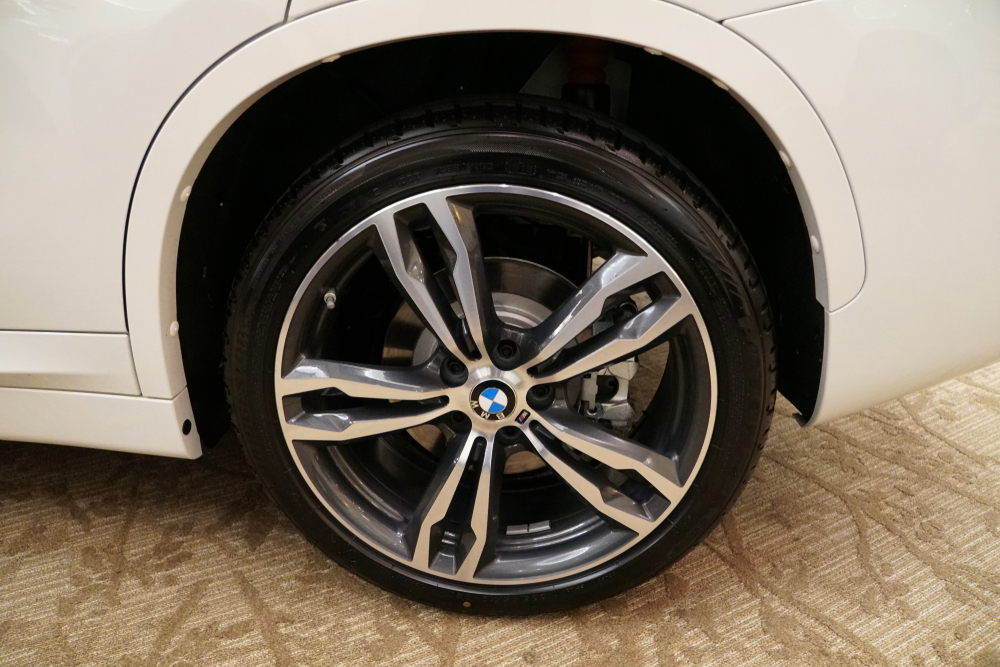
Driving with under-inflated or over-inflated tires reduces your vehicle’s fuel efficiency and leads to uneven tire wear. Under-inflated tires increase rolling resistance, putting more strain on the engine, while over-inflated tires reduce the tire’s contact with the road, leading to less traction. Regularly checking your tire pressure ensures optimal fuel efficiency, safety, and even tire wear.
Frequent Short Trips

Taking many short trips without allowing your engine to warm up fully can cause moisture to build up in the exhaust system and engine oil. This can lead to rusting and reduced engine efficiency over time. Additionally, your battery doesn’t get enough time to recharge fully on short trips, which can eventually cause battery failure. Combining errands and driving longer distances periodically can help your engine and battery stay in good condition.
Using the Wrong Fuel

Filling your car with the wrong fuel, such as using regular gasoline in a vehicle that requires premium, can cause engine knocking and reduce performance. Over time, this can damage internal engine components like the pistons and valves. Using the correct fuel ensures that your engine operates smoothly, prevents knocking, and maintains your vehicle’s performance and efficiency.
Neglecting Wheel Alignment
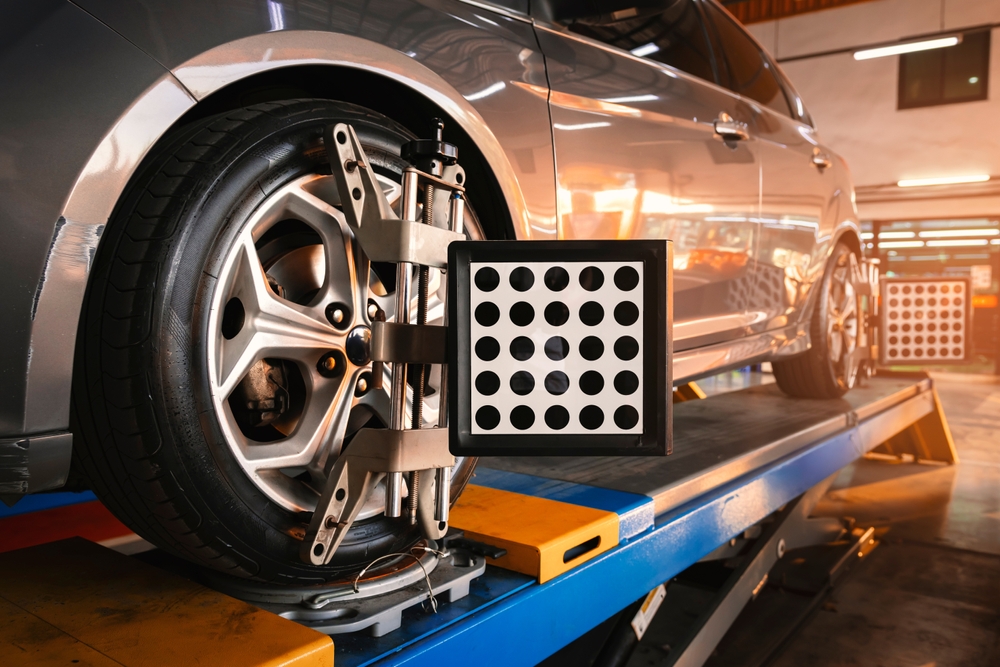
Driving with poor wheel alignment can cause uneven tire wear and affect the handling of your vehicle. It can also put unnecessary strain on the suspension and steering components, leading to more expensive repairs down the line. Regularly checking and adjusting your wheel alignment ensures better handling, tire longevity, and a smoother driving experience.
This article originally appeared on MyCarMakesNoise.
More from MyCarMakesNoise
10 Failed Innovations in Automotive Technology

Innovation drives the automotive industry, pushing the boundaries of what cars can do and how they impact our lives. Over the decades, countless new technologies and ideas have emerged, aiming to revolutionize the way we drive and interact with our vehicles. Read More.
20 Forgotten Convertibles That Should Make a Stylish Comeback

Convertibles have long been symbols of freedom, style, and open-air driving pleasure, but some iconic models have faded from memory over the years. These forgotten convertibles, once celebrated for their design and performance, still hold the potential to turn heads on the road today. Read More.
13 Fun Facts About Harley-Davidson Motorcycles

Harley-Davidson motorcycles have been a symbol of freedom and adventure for over a century. From their humble beginnings in a small wooden shed in Milwaukee to becoming a global icon, these bikes have captured the hearts of riders worldwide. Read More.

